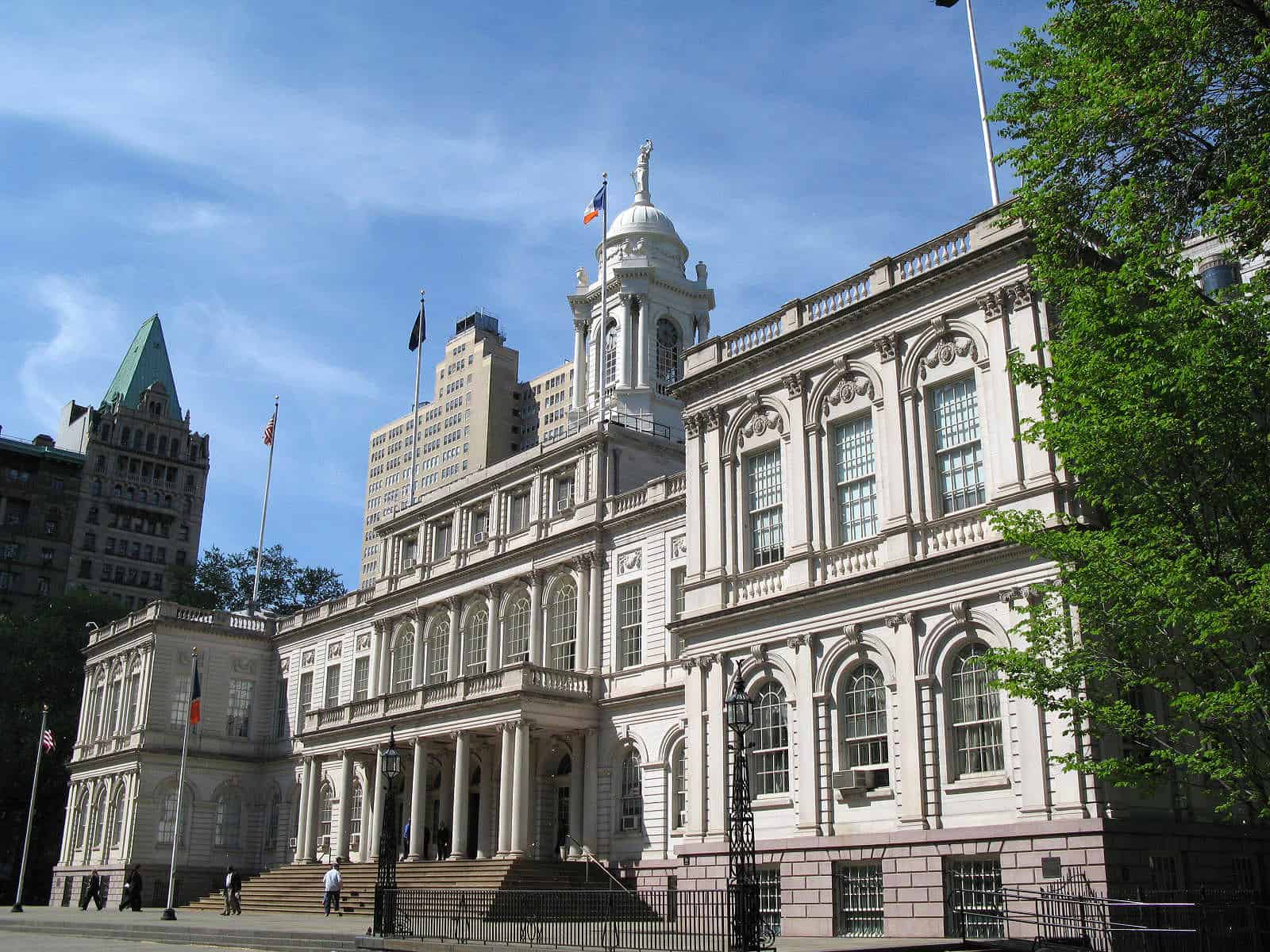
Miriam Li is a student at Harvard Law School and a member of the Labor and Employment Lab.
In today’s news and commentary, two major New York City unions endorse Cuomo for mayor; the House Committee on Education and the Workforce requests an investigation into a major healthcare union’s spending; and several unions launch a national pro bono legal network for federal workers.
This week, two influential New York City labor unions—the Hotel and Gaming Trades Council and SEIU Local 32BJ—endorsed former Governor Andrew Cuomo in the city’s mayoral race, offering him a major boost ahead of the June Democratic primary. Although both unions backed Mayor Adams in 2021 and previously called for Cuomo’s resignation amid sexual harassment allegations, union leadership has reversed course, praising Cuomo’s pro-labor record and potential strength against President Trump. This announcement marks a significant blow to Adams, whose re-election prospects have faded precipitously in the wake of federal corruption charges and their subsequent dismissal after Adam’s public appeals to the Trump administration. While several key unions, including District Council 37 and the influential healthcare workers’ union 1199SEIU, have yet to weigh in, Cuomo currently commands the largest bloc of union support, including carpenters, electrical workers, painters, and operating engineers.
Meanwhile, Representative Tim Walberg, Chair of the House Committee on Education and the Workforce, formally requested that the Department of Labor investigate alleged financial misconduct by 1199SEIU United Healthcare Workers East, the nation’s largest healthcare union. The request comes in the wake of a POLITICO investigation detailing accusations that union president George Gresham misused funds for lavish travel, nepotism, political payouts, and other expenses unrelated to union members’ interests. Gresham has denied wrongdoing and announced plans for an independent audit. The union, which represents roughly 450,000 healthcare workers, is holding its first contested leadership election since 1989, with ballots due by April 30.
Finally, the AFL-CIO, along with other unions and civil rights groups, launched “Rise Up: Federal Workers Legal Defense Network”—a pro bono initiative to assist federal employees whose jobs have been threatened or terminated by the Trump administration. The network features over 1,000 trained lawyers across 42 states who will help federal employees challenge dismissals and employment threats through agency procedures and administrative appeals. Labor unions have actively challenged the Trump administration’s mass firings and other attacks on the federal workforce through litigation, but amid mixed results and reports of anticipated increases in dismissals, unions launched this new initiative to expand individual legal support.






Daily News & Commentary
Start your day with our roundup of the latest labor developments. See all
February 24
In today’s news and commentary, the NLRB uses the Obama-era Browning-Ferris standard, a fired National Park ranger sues the Department of Interior and the National Park Service, the NLRB closes out Amazon’s labor dispute on Staten Island, and OIRA signals changes to the Biden-era independent contractor rule. The NLRB ruled that Browning-Ferris Industries jointly employed […]
February 23
In today’s news and commentary, the Trump administration proposes a rule limiting employment authorization for asylum seekers and Matt Bruenig introduces a new LLM tool analyzing employer rules under Stericycle. Law360 reports that the Trump administration proposed a rule on Friday that would change the employment authorization process for asylum seekers. Under the proposed rule, […]
February 22
A petition for certiorari in Bivens v. Zep, New York nurses end their historic six-week-strike, and Professor Block argues for just cause protections in New York City.
February 20
An analysis of the Board's decisions since regaining a quorum; 5th Circuit dissent criticizes Wright Line, Thryv.
February 19
Union membership increases slightly; Washington farmworker bill fails to make it out of committee; and unions in Argentina are on strike protesting President Milei’s labor reform bill.
February 18
A ruling against forced labor in CO prisons; business coalition lacks standing to challenge captive audience ban; labor unions to participate in rent strike in MN